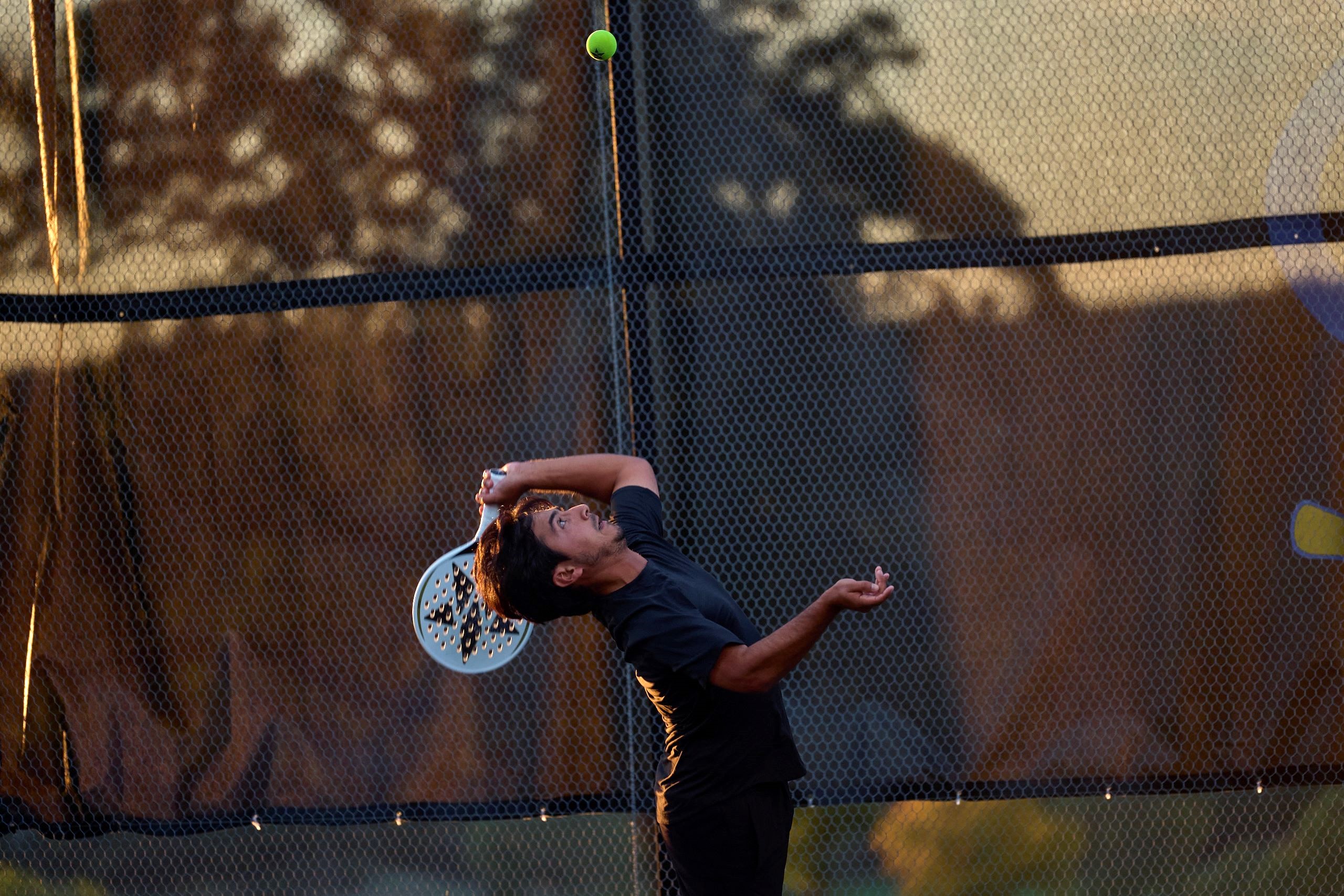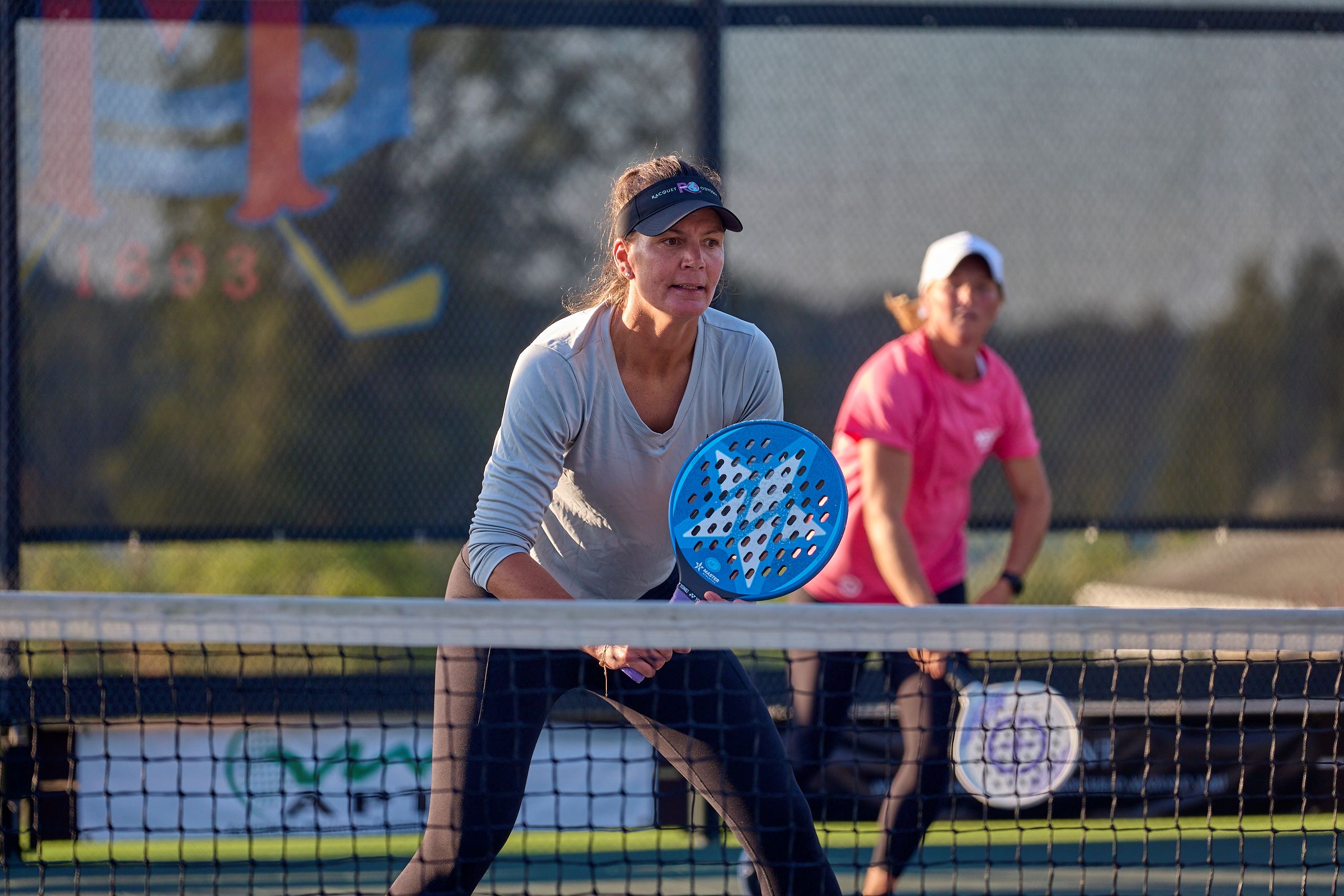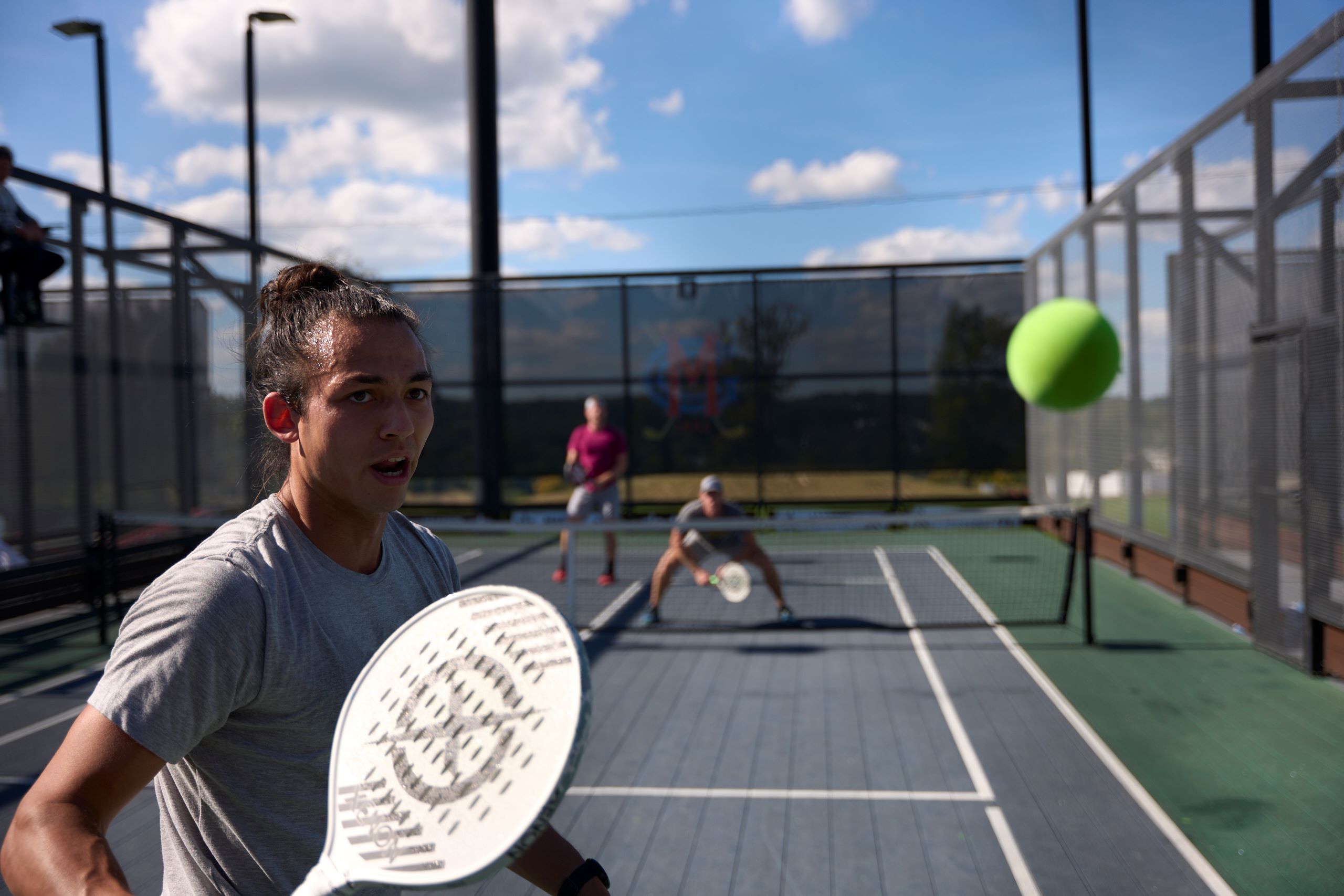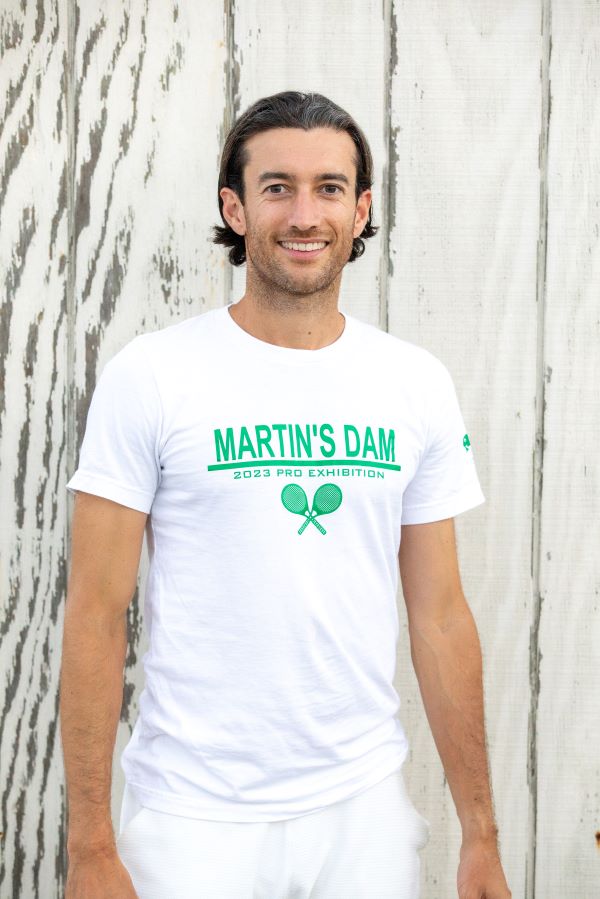NEWS
The Art of Paddle - Part 3

In this third of 4 articles, we examine Sun Tzu’s The Art of War and focus on making no mistakes, being modest, and being like water, in relation to platform tennis competition.
The Art of War is a lasting literary work laying out Sun Tzu’s principles behind a successful military campaign. Let’s see what principles we can use and what action we can take to better compete on the paddle court.
 Make No Mistakes and Be Modest
Make No Mistakes and Be Modest
“The skillful fighter hides in the most secret recesses of the earth, his victories bring him neither reputation for wisdom nor credit for courage, wins his battles by making no mistakes. Making no mistakes is what establishes the certainty of victory, for it means conquering an enemy that is already defeated.”
We all know that paddle is a game of errors. Sun Tzu makes it clear that the same is the case in all conflict. The skillful paddle player is the one who focuses on the fundamentals, does not seek the rewards or glory of “fancy plays” (cutters/attempts to hit winners/aiming for the line), and simply makes fewer mistakes than his opponent. It is this basic concept that leads to victory as it minimizes the path for our opponent to be successful. Remember, it is very tough to bring offense (as it needs to be “superabundant”) so if you are willing to simply withstand defeat, you don't need to defeat your opponent to ensure victory.
Action Step: Think about how these dynamics work in the game of paddle. Think about how you can minimize errors in your game to solidify your defenses and eliminate giving up easy points to your enemy. Sometimes improvement is about the shots you take out of your game versus the ones you add.
Be Like Water

You don't want to have a fixed strategy for every match, as each opponent is different. A basic framework for general play is great—fun zone/safe zone for overheads, lob till you get a great offensive look, etc.—but like water, you want to mold your game around the best shots and plays for the specific task at hand. Be able to modify your play to fit the opponent, just as water molds itself into whatever container it’s put in. Water follows the path of least resistance, and, as such, is both powerful and efficient. Learning what your opponents’ strengths and weaknesses are can help you mold your tactics to the most efficient style for success. Water flows around its environment, effortlessly fitting into whatever shape that surrounds it. Be mindful of this every time you step on court, as the conditions of play (weather, screens, ball etc.) are always changing.
Action Step: Be willing to change your game plan based on changing conditions and changing opponents. Monitor changing conditions (environment) so that you can optimize play to take advantage of the elements. For example, cold weather paddle is generally going to reward a slower, less aggressive style than on a warm day, as it tougher to get the ball to spin and bite when its cold (as the ball is less elastic). If your opponent has a crazy cutter on short balls, keep him pressed back as far as you can and eliminate his fun.
Oliver Jones is the Director of Paddle at Martin’s Dam Swim and Tennis Club in Wayne, PA. He ranked in the Top 50 teams in 2023. He is the author of Paddle Principles: A Beginner to Advanced Guide to Winning Paddle. If you would like to purchase it, contact him directly at o.d.j.jones@gmail.com.
Part 4 coming soon.


